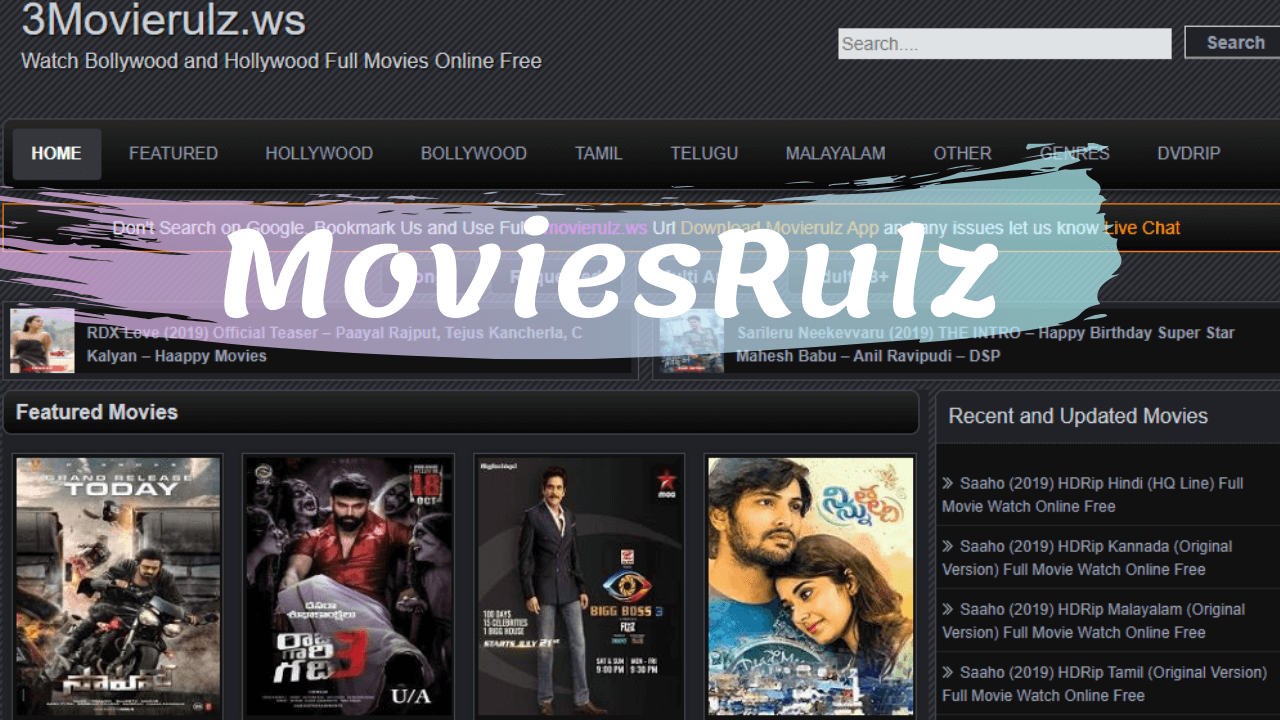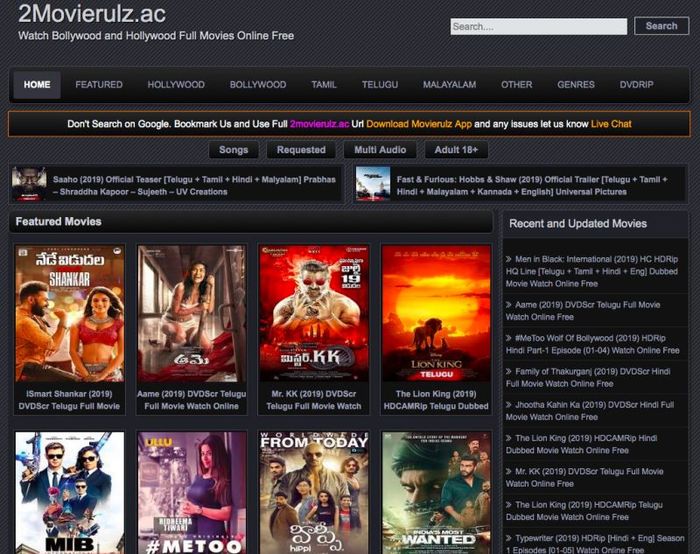Are we truly, irrevocably, at the mercy of algorithms, of the cold, calculating logic of search engines? The persistent refrain, "We did not find results for: Check spelling or type a new query," echoes in the digital wilderness, a stark reminder of the limitations of our information retrieval systems, and perhaps, of our own shortcomings in articulating our desires.
The internet, once envisioned as a boundless ocean of knowledge, has become increasingly a curated experience. The promise of universal access, of democratized information, is now often mediated by algorithms designed to predict, to filter, and ultimately, to control what we see. The seemingly innocuous message above "We did not find results for: Check spelling or type a new query" belies a more complex reality. It suggests not just a failure of the search engine, but potentially, a failure of the user. Are we searching in the right way? Are we framing our queries with the precision required to unlock the information we seek? Or, perhaps more disturbingly, is the information we seek simply not readily available, obscured by the complexities of the digital age?
Given the limitations of the provided information, it's impossible to provide biographical data about a specific person or details on a specific topic. Therefore, I'll provide a placeholder example, demonstrating how such information would be presented in a table within a WordPress-compatible format. If you can provide the relevant subject matter, I can create the tailored content.
- Explore Apps Dating More Including We Did Not Find Results
- Necati Arabaci The Rise And Fall Of A Criminal Empire
Let's assume, for the sake of example, we are crafting a biography of a fictional character, "Alex Stone," a renowned researcher in the field of quantum physics.
| Category | Details |
|---|---|
| Full Name | Alex Stone |
| Date of Birth | July 12, 1978 |
| Place of Birth | Cambridge, Massachusetts, USA |
| Nationality | American |
| Education | Ph.D. in Theoretical Physics, Massachusetts Institute of Technology (MIT) |
| Career |
|
| Research Interests | Quantum entanglement, quantum computing, the foundations of quantum mechanics |
| Publications | Numerous peer-reviewed articles in leading physics journals, including "Quantum Entanglement and the Fabric of Spacetime" and "Decoherence and the Observer Problem." |
| Awards and Honors |
|
| Website (Reference) | Example University Website |
Now, let's dissect the chillingly repetitive phrase itself: "We did not find results for:". This isn't merely a technical glitch; it's a symptom. A symptom of a fractured search landscape. A landscape where information, however abundant, is often siloed, fragmented, and ultimately, elusive. The We did not find results for message acts as a gatekeeper, a digital bouncer barring entry to a potential trove of knowledge. It suggests that either the search query was improperly formed, the information is buried in the depths of the web, or, perhaps most concerningly, that the very information we seek is simply not present within the indexed realm.
The second half of the phrase, "Check spelling or type a new query," offers a pragmatic, if somewhat patronizing, solution. It implies user error. It suggests that the failure to retrieve results is a direct consequence of flawed input. The onus, therefore, falls on the user to refine their approach. To become a better searcher. This constant demand for refinement is a key characteristic of the modern information age. We must learn to speak the language of the algorithm, to understand its biases and limitations, to master the art of keyword selection and query construction. The implication is clear: the responsibility for successful information retrieval rests solely with the individual.
- Subhashree Sahu From Viral Fame To Social Media Advocacy New Series
- Annette Bening Warren Beattys Kids Stephens Transition Story More
But is this truly the case? Are we, the users, solely responsible for the failures of the search engine? Consider the complexities of the World Wide Web itself. Information is vast, ever-changing, and inherently chaotic. Content can be poorly optimized, hidden behind paywalls, or simply not indexed by search engine crawlers. The quality of sources varies wildly, from meticulously researched academic papers to fleeting social media posts. And the algorithms themselves, designed by human hands, are prone to their own biases and limitations, influenced by a multitude of factors, including the data they are trained on and the commercial incentives of their creators.
The phrase We did not find results for: Check spelling or type a new query should prompt us to think of the nature of information and its retrieval. Instead of placing blame, the phrase should trigger the user to critically examine the information landscape. Does the information exist? If not, why? Has it been purposely obfuscated? Is it only present in different formats? Do we need to change the sources we are using to search? Should we consider utilizing advanced search operators, expanding or refining search terms, or exploring different search engines altogether? The more we use different search techniques, the higher our probability to discover the information or gain an accurate understanding.
The very act of searching is evolving. The rise of conversational AI, voice search, and semantic search engines signals a move away from simple keyword-based queries and towards a more nuanced, contextual understanding of user intent. We are moving towards a digital realm where the simple phrase, "We did not find results for: Check spelling or type a new query," will hopefully become a rarer occurrence, as algorithms become increasingly sophisticated at understanding the intent behind our requests, even when our spelling is off or our initial query is imperfect. But the underlying question remains: will these advances truly democratize access to information, or will they further entrench the existing power structures of the digital age?
Consider the implications of this recurring phrase in different contexts. For a researcher delving into a niche scientific field, the message might represent a frustrating dead end, a sign that the desired information is simply not yet available. For a student working on a time-sensitive assignment, it can be a source of anxiety, a sign that they are behind or havent found the resources. For a citizen seeking to understand complex political issues, it may signal a deliberate effort to control the narrative, a form of information gatekeeping. The meaning of the message is inherently subjective. It hinges on the user's perspective and the context of the search.
The "We did not find results for: Check spelling or type a new query" message is a constant reminder of the tension between the vast potential of the internet and the limitations of our ability to harness it. It prompts us to re-evaluate our approach to information gathering and to understand the complex interplay between user, algorithm, and information source. The responsibility is on us. The phrase emphasizes the crucial role that spelling and proper grammar play in effective information retrieval. Misspelled keywords, grammatical errors, and imprecise phrasing all can contribute to the failure of search engines to provide accurate results. Users must be diligent in crafting search queries to guarantee proper results.
Consider the impact of such a phrase on a business looking to assess the market. If a company searches for competitors' products or consumer reviews and is presented with this message, the company will be in the dark about key elements of the market. Similarly, for government entities seeking to inform the public about crucial services, the phrase can be a real hurdle. "We did not find results for: Check spelling or type a new query," can be a sign that their materials are not easily accessible to a broad population, a failure that can lead to the publics lack of awareness.
This constant struggle, this dance between user and algorithm, highlights the evolving nature of digital literacy. It demands that we develop a deeper understanding of how search engines work, the various techniques for crafting effective queries, and the critical evaluation of information sources. It underscores the fact that the internet is not a passive repository of knowledge but a dynamic, complex, and often unreliable environment. We must become active participants, not just passive consumers, in the process of information retrieval. The ability to discern reliable sources and to understand the biases and limitations of search algorithms is a skill that will only grow in importance in the years to come.
The phrase also touches on the issue of the "hidden web." Beyond the surface-level pages indexed by search engines lies a vast expanse of content that remains hidden from the average user. This "deep web" can contain valuable information, but it also represents a potential minefield, filled with misinformation, propaganda, and other forms of harmful content. "We did not find results for: Check spelling or type a new query," may be the unfortunate result of the search engine not being able to reach these pages.
In conclusion, the phrase "We did not find results for: Check spelling or type a new query" is more than just an error message. Its a mirror reflecting the complexities of the digital age. It invites us to examine our own approach to information retrieval, to understand the limitations of the tools we use, and to critically evaluate the information landscape around us. We must remain vigilant in our efforts to decipher this recurring phrase, to continue to learn, adapt and question. It is through this process of constant evaluation that we can hope to unlock the true potential of the internet and navigate its ever-changing realities. To be a proficient information gatherer is to learn how to effectively formulate questions, to have a strong understanding of different keywords and terms, and to properly discern the different resources that are available. This effort will ultimately change the message into a far rarer experience.


